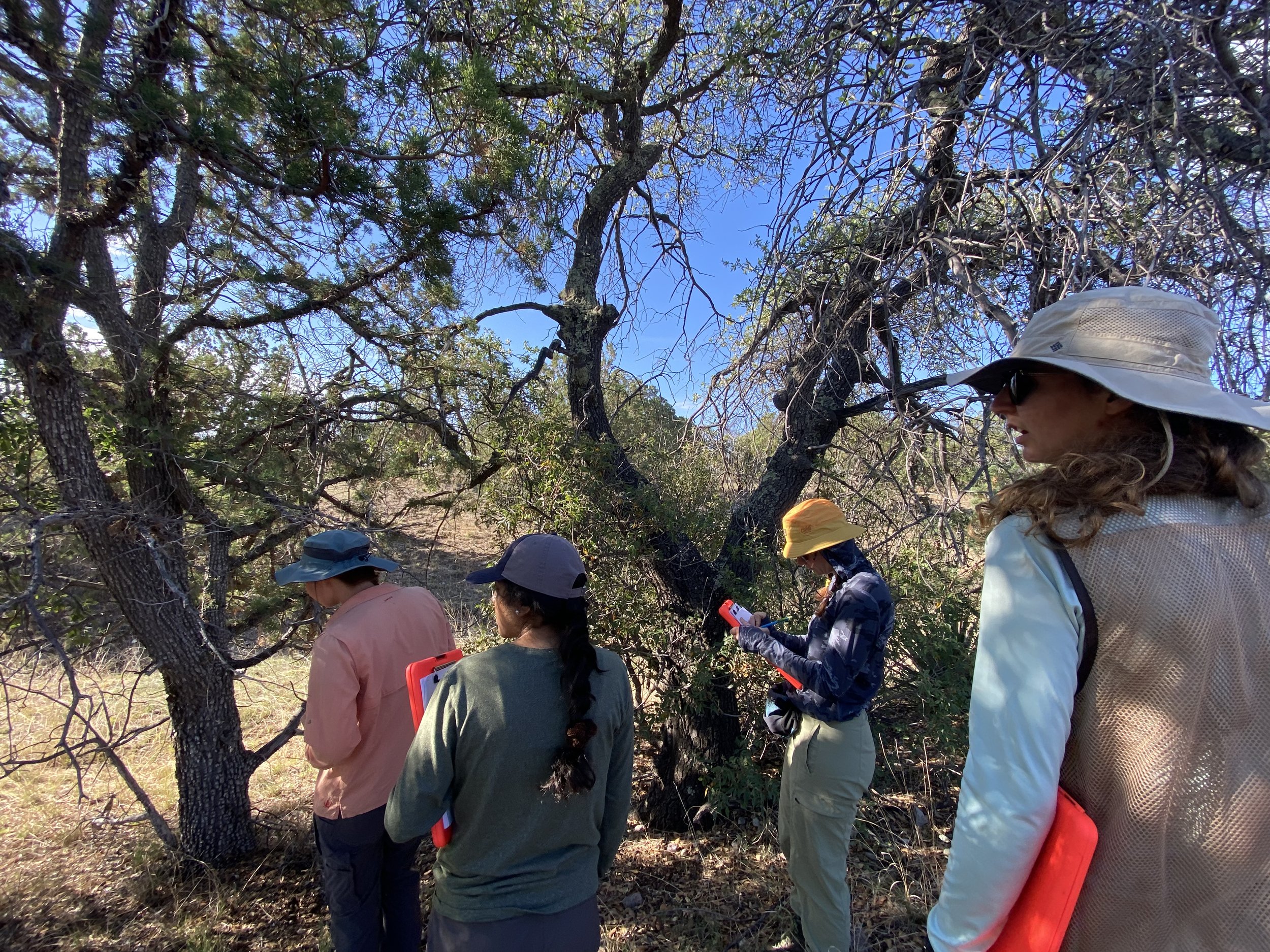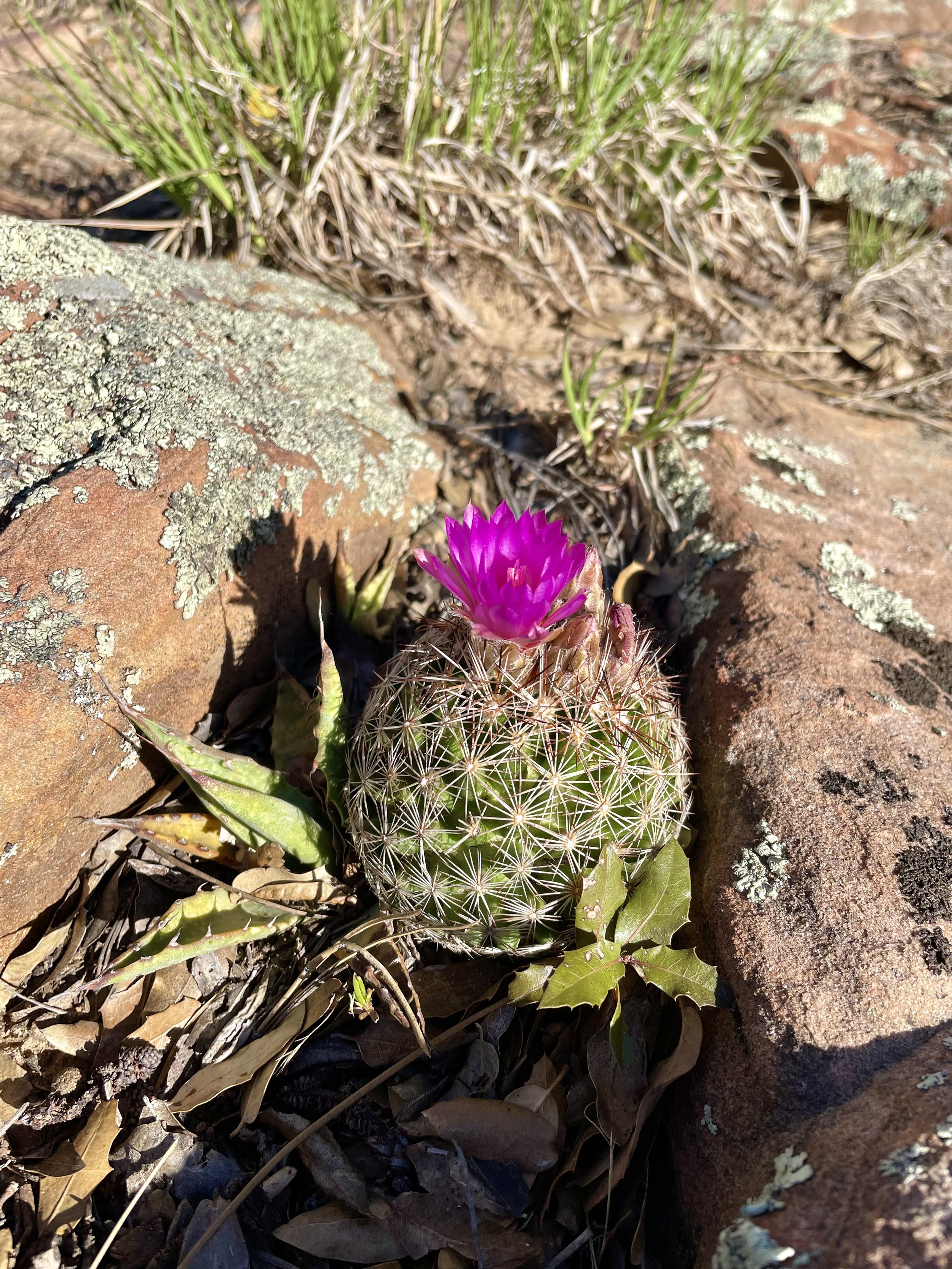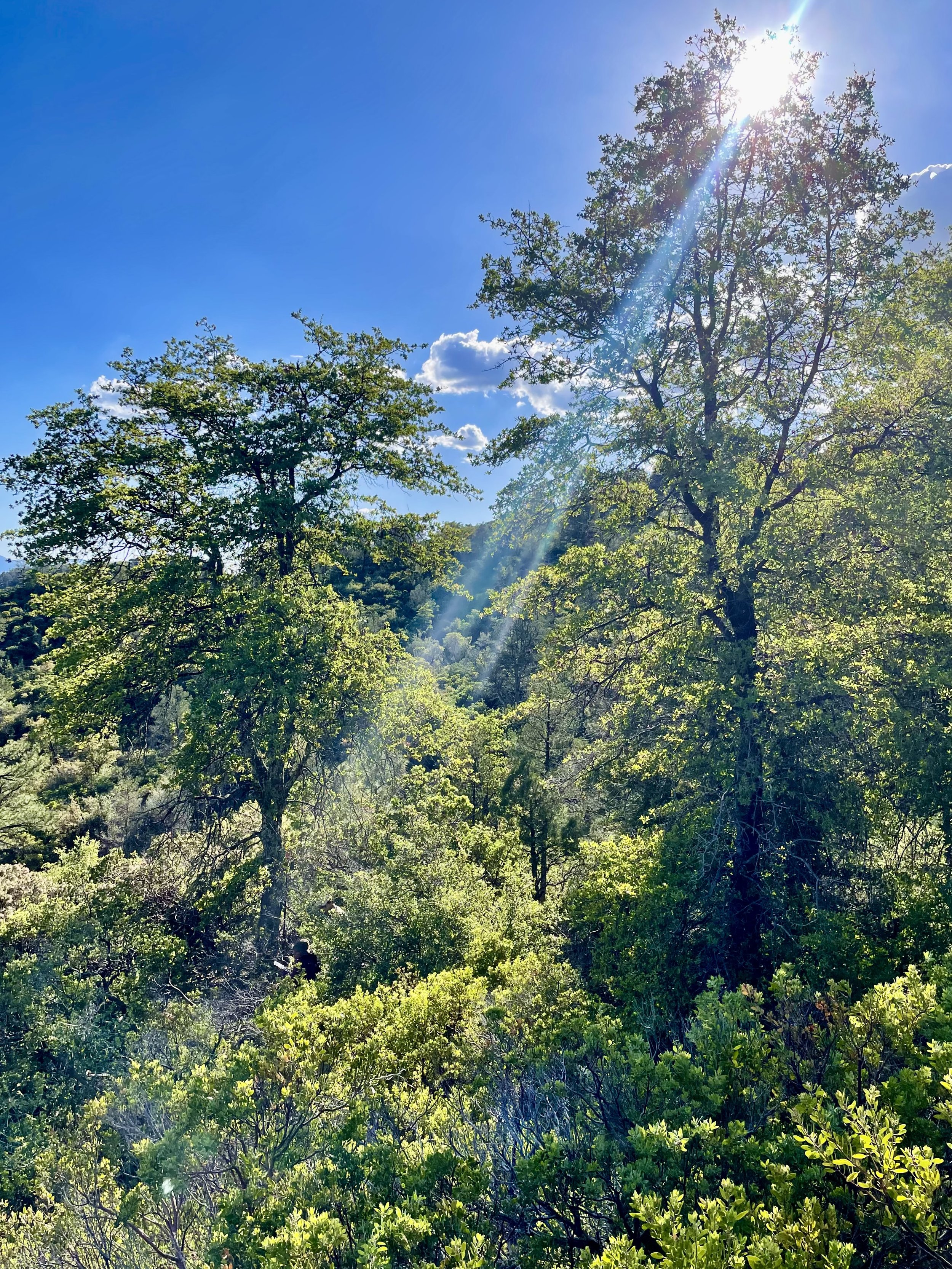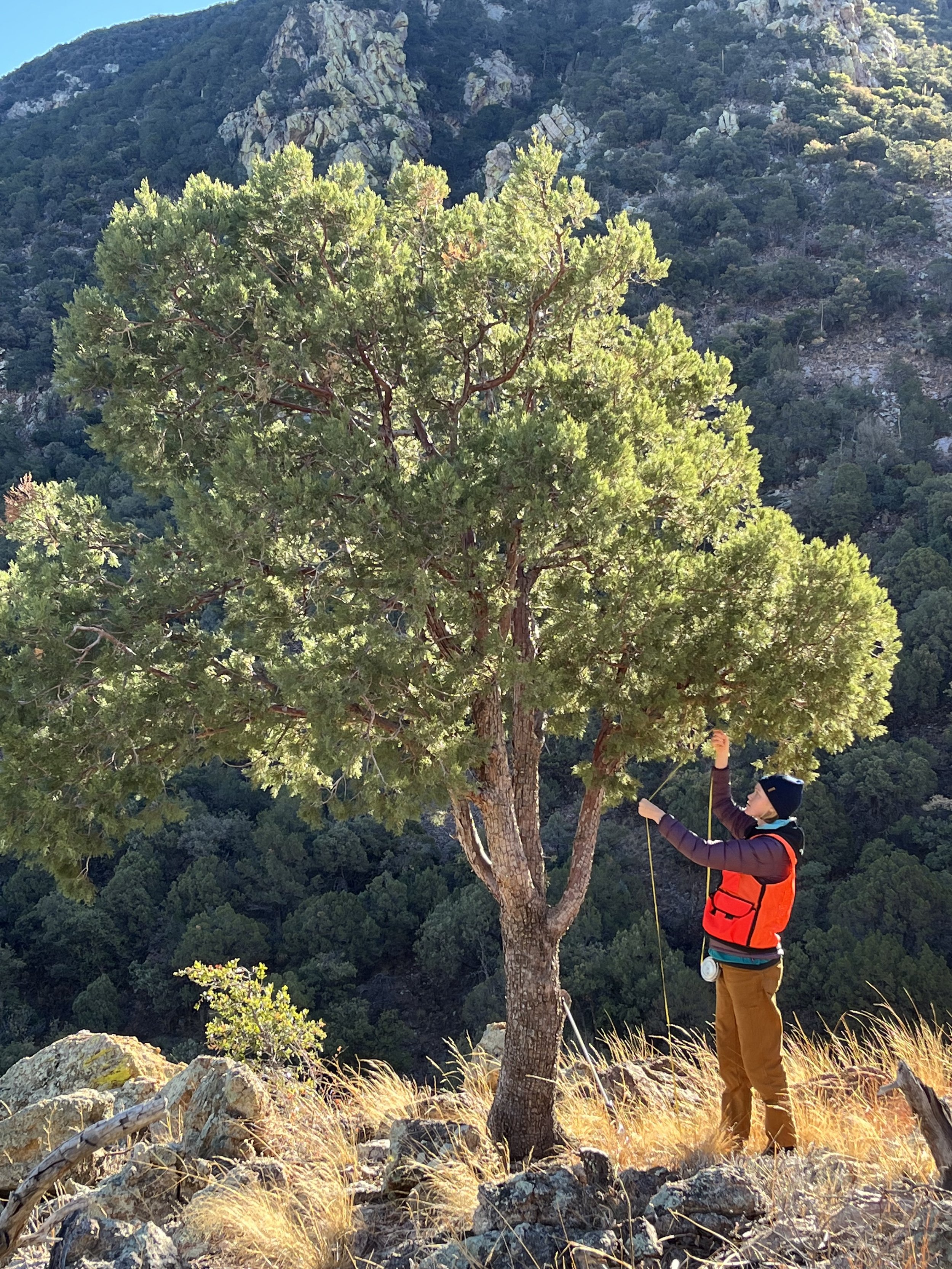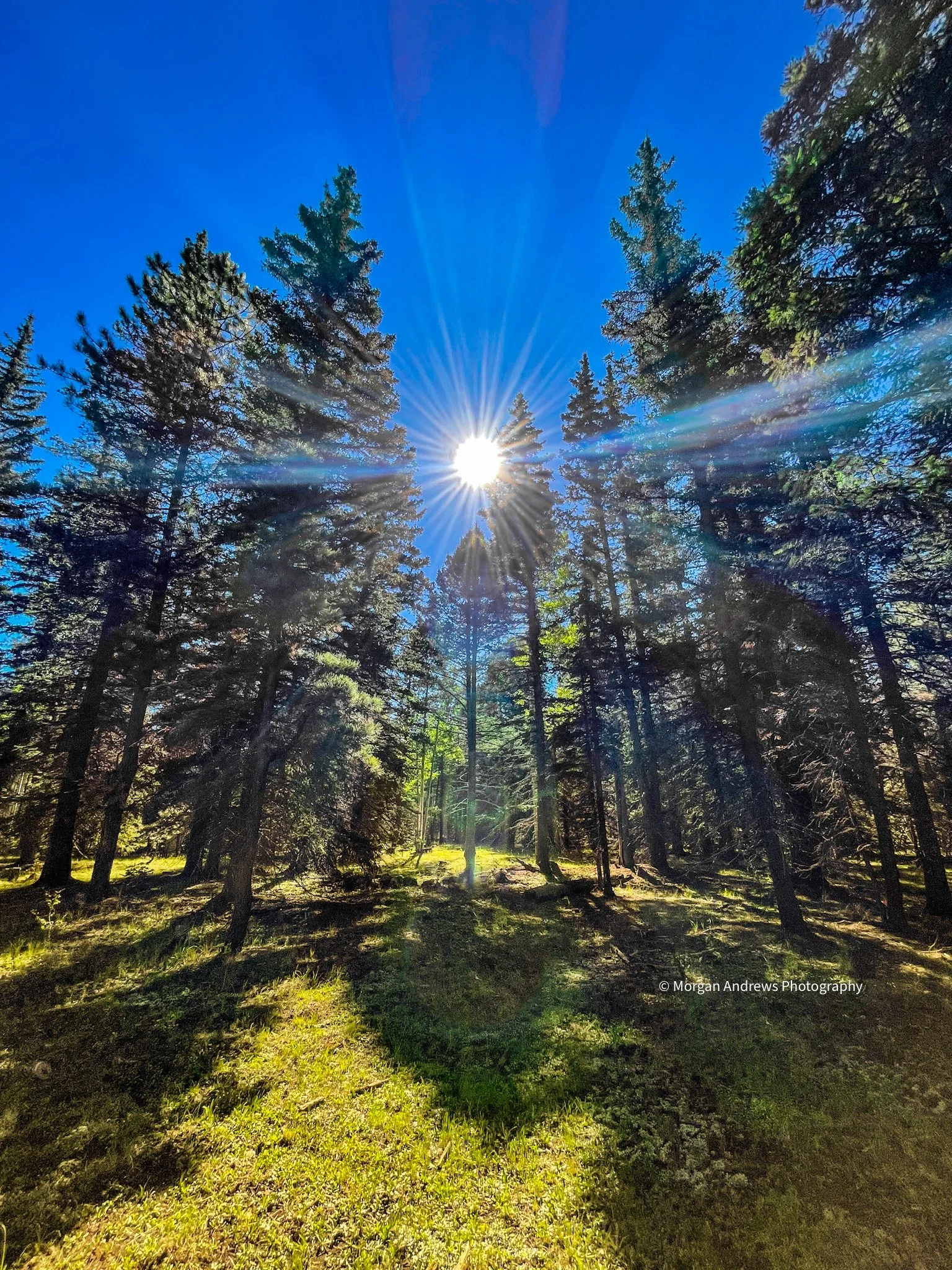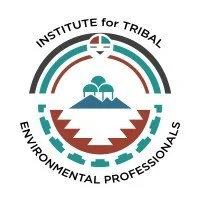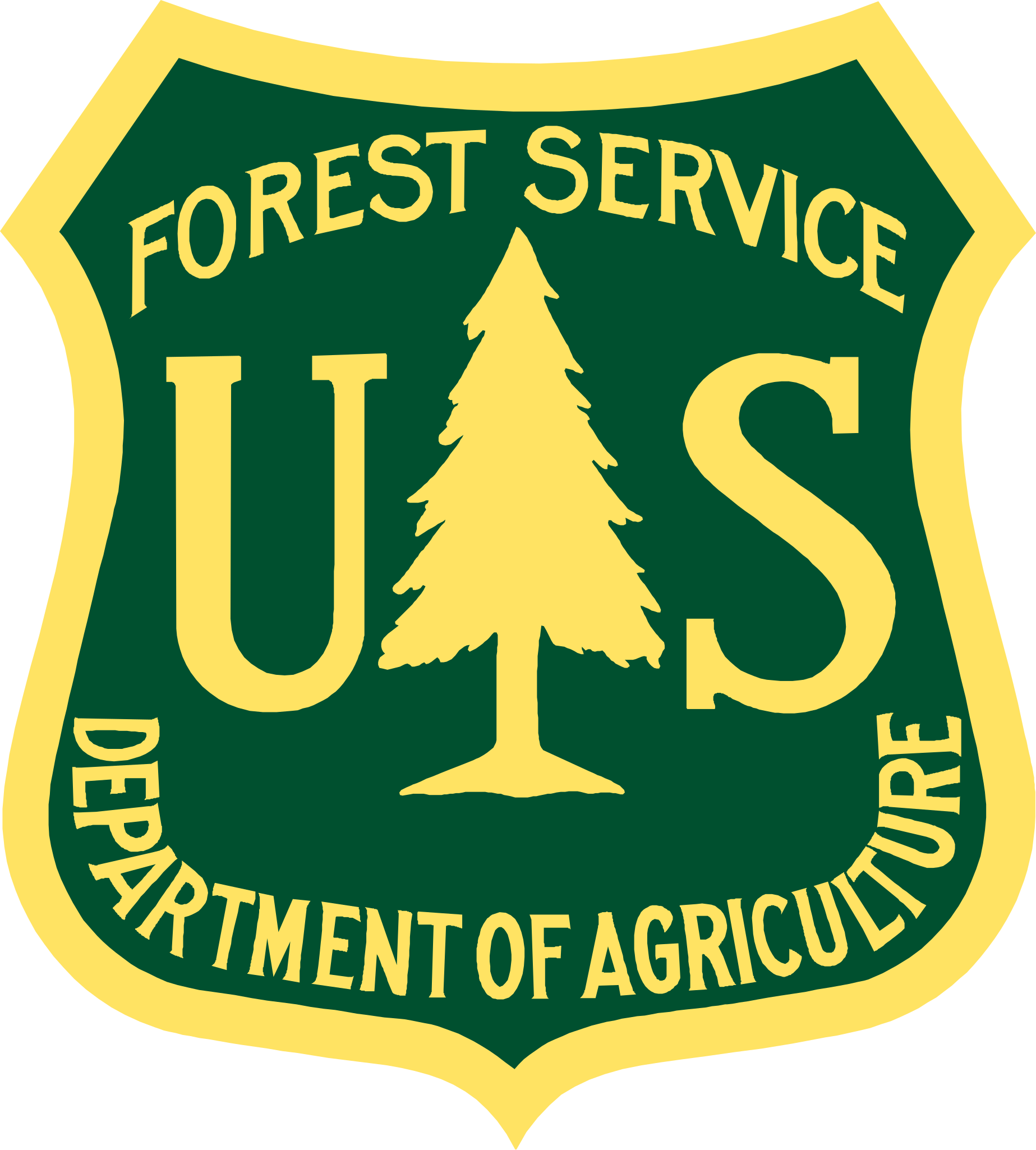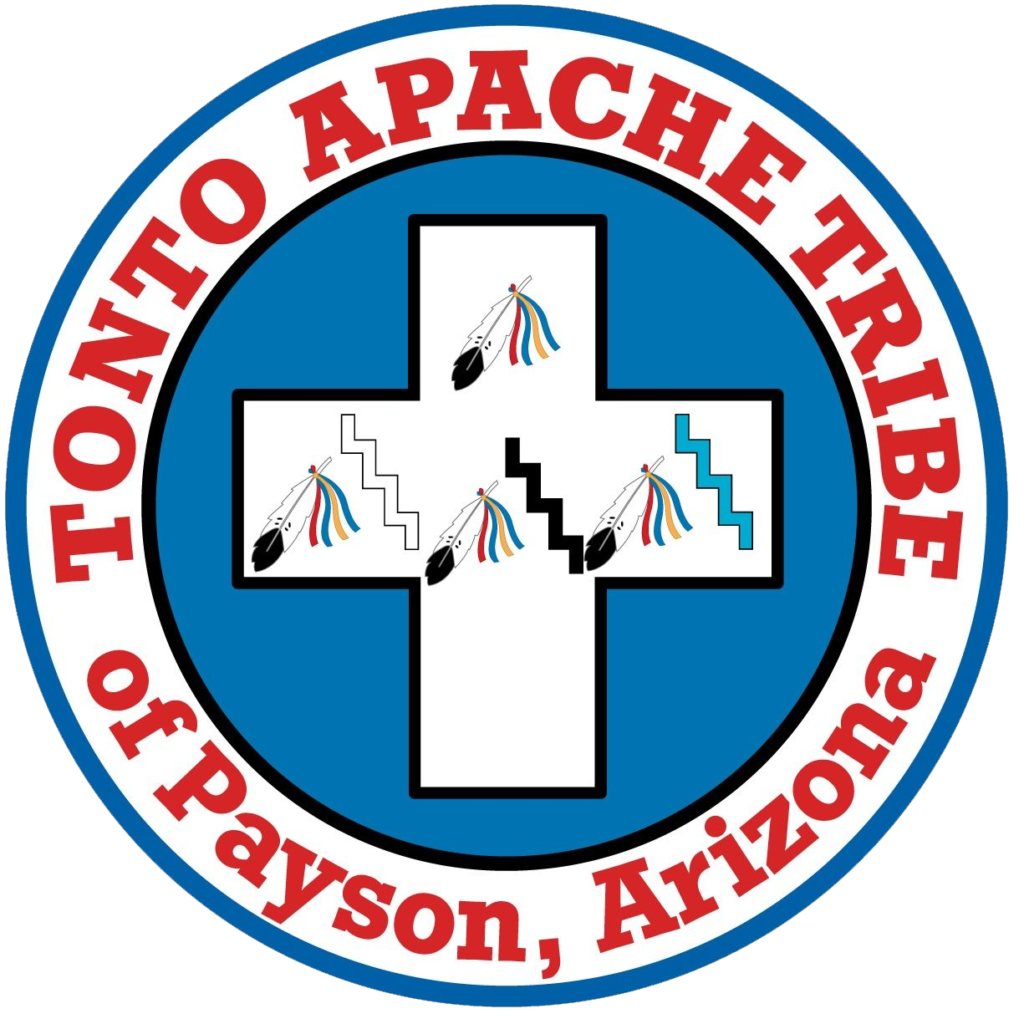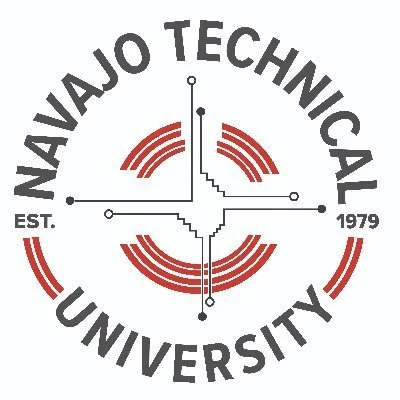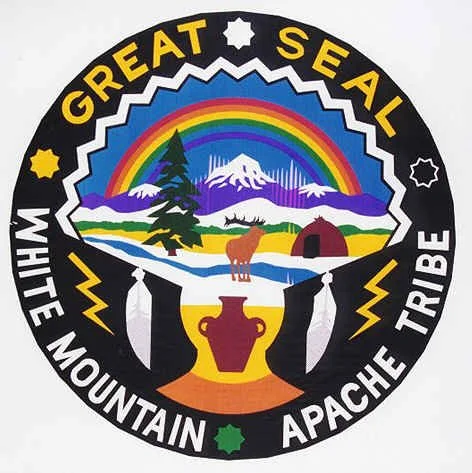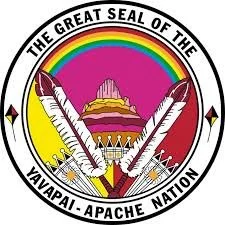RESEARCH AND LEARN
Projecting Socio-Ecological Impacts of Drought in Southwestern Ecosystems to Prioritize Restoration Initiatives
Research Profile Description:
The Southwest U.S. is experiencing more frequent and severe droughts, leading to unprecedented die-offs of foundational plant species across ecosystems. For Native American tribes, the loss or movement of plants used for food, ceremonies, medicine or art, imperils cultural practices and traditional life ways tied to those species.
This project will combine information on social connections to natural areas with ecological data, to identify ecocultural hotspots that are vulnerable to drought. Using this information, the team will identify priority sites for restoration treatments that mitigate ecocultural losses.
What is Expected from this Research:
This project will take advantage of an exceptionally severe drought event in the southwestern U.S. to identify predictors of ecological state change. Using these predictive relationships, areas vulnerable to state transition across the Arizona/New Mexico Mountains Ecoregion in Arizona will be identified. Then, the projected maps will be used to guide interviews with Native American Tribes to identify areas that would negatively impact cultural practices centered around natural resources impacted by drought.
This information will be presented to partnering Tribal Nations and land managers at the U.S. Forest Service, to prioritize areas for drought mitigation efforts, including restoration of plant communities, or efforts to return vegetation densities to historic levels, in order to reduce competition for water resources. The project team will work closely with regional land managers as well as established tribal partners. Results, developed through participatory collaborations, will be integrated into regional decision-making on restoration projects.
This project will also increase Indigenous leadership and guidance in land management and responds to a specific a call for research identified by western Apache Elders (and will be inclusive and guided by these individuals). The project goal also includes identifying restoration pathways to preserve and protect cultural identity and resilience.
-
Sara Souther, PhD
Assistant Research Professor, School of Earth and Sustainability
Core member, Center for Adaptable Western Landscapes, Northern Arizona University
-
Diana Stuart, PhD
Associate Professor, Northern Arizona University
Steven Chischilly, PhD
Associate Professor of Environmental Science, Navajo Technical University
-
Carly Pierson
MS Environmental Sciences & Policy, Northern Arizona University
Field Study
The field sites displayed were selected across the range of three ecologically and culturally significant tree species: Pseudotsuga menziesii (Douglas fir), Pinus edulis (Pinyon pine), and Quercus emoryi (Emory oak). These locations were chosen based on drought zones identified by the USFS, the geographic range of each species, and to ensure a spatially balanced distribution across the landscape.
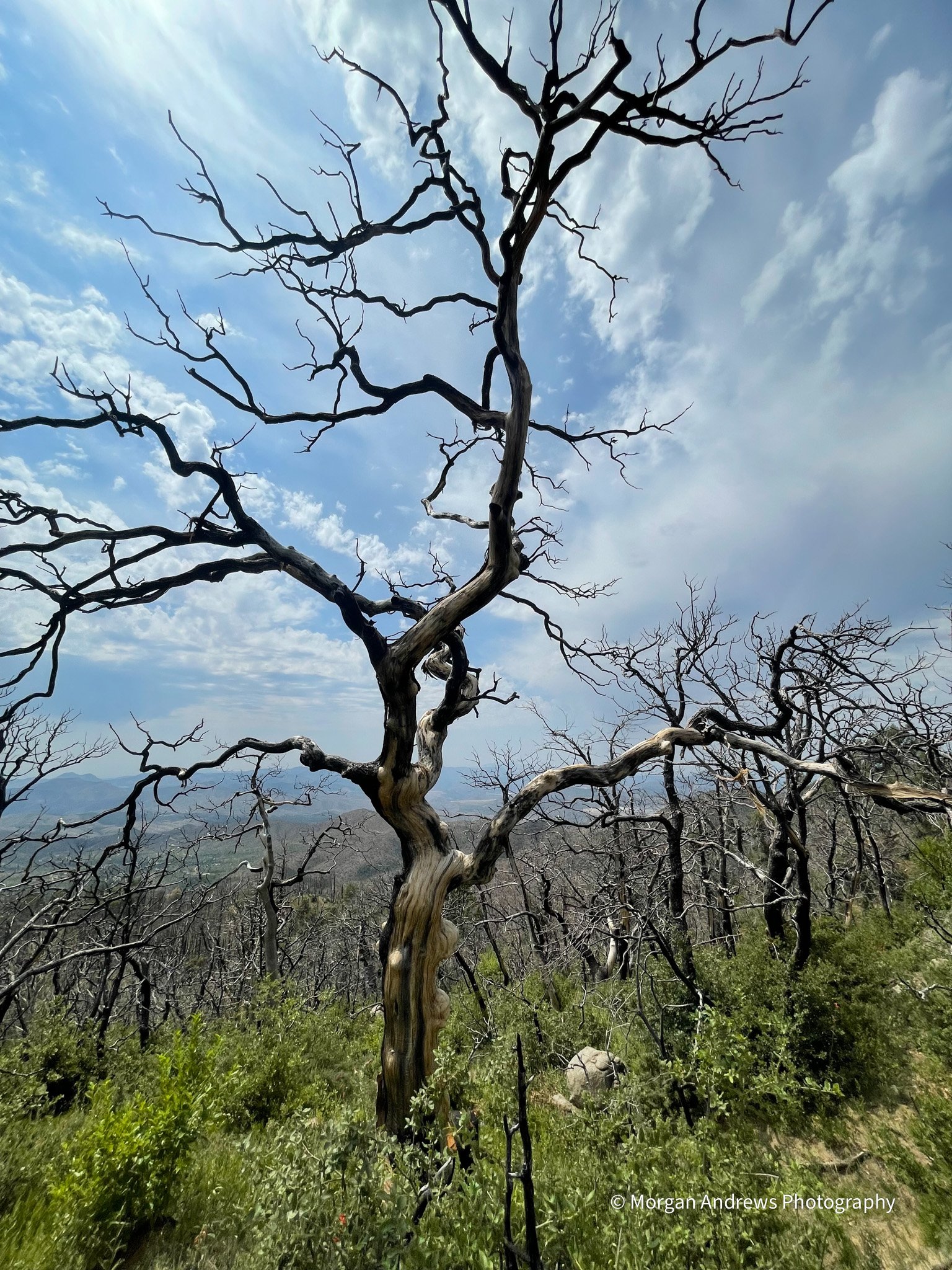


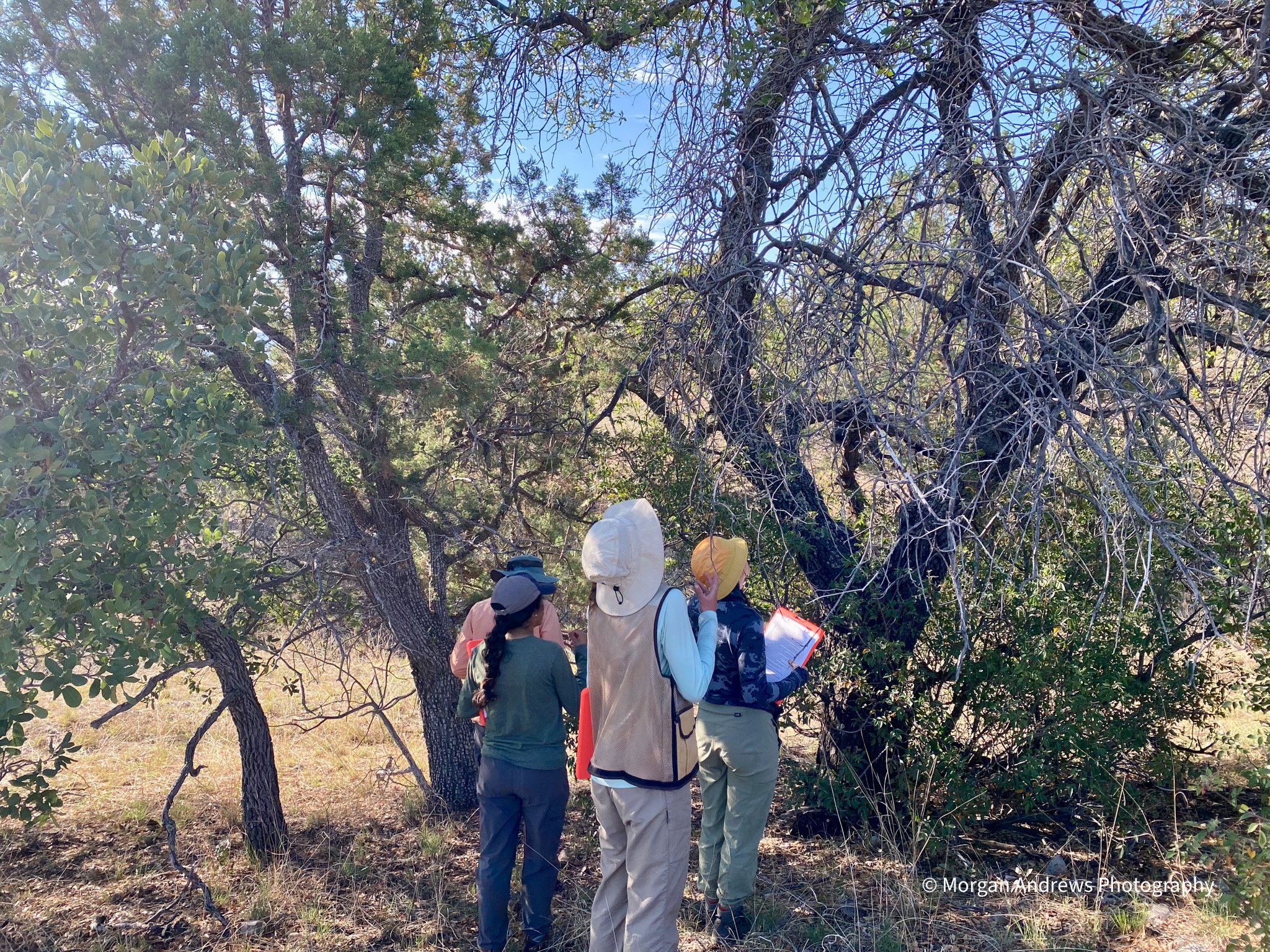



Products
-
Coming soon!
-
-
Coming soon!
-
Coming soon!
-
Coming soon!
Partnerships

